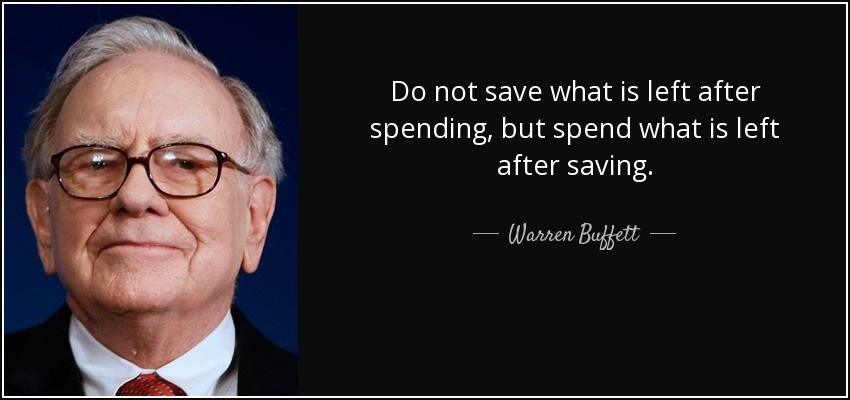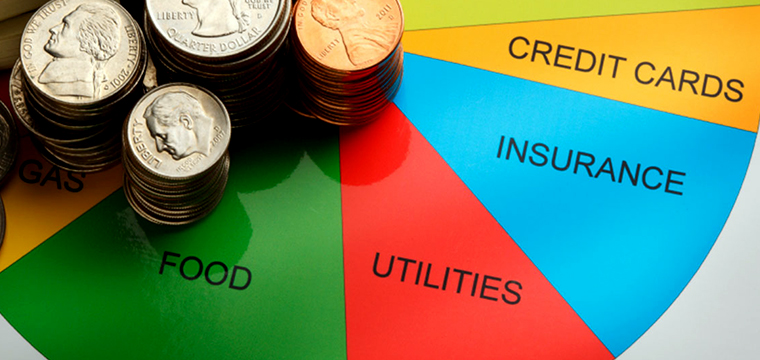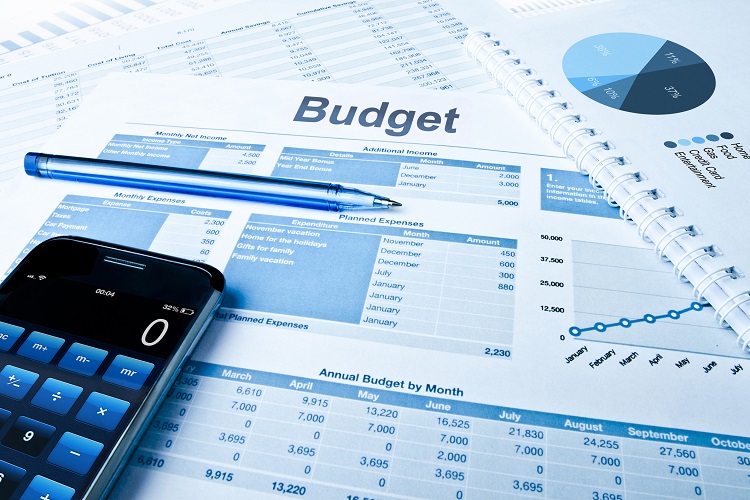The term ‘budget’ often bewildered me. Many a time I have found myself picking something up and then placing it back simply because buying something like that was not in ‘budget’! Well, budgeting your expenses is a task that you will learn over the years and cannot be forced to do. I have come across plenty of people who have mentioned that they go broke at the end of the month. And what I understand from them is the situation of being ‘broke’ appears when we spend more than our earnings! Well, not running out of money by the last week of the month and having some savings for yourself without sacrificing on the little joys of splurging once in a while on your favorites is budgeting all about!
The very fundamental idea that I follow to budget my expenses is the conventional 50/30/20 rule. I have also seen my twenty-something cousins benefiting from following this simple rule right from the initial days of earning. So personally, I feel this to be one of the most effective ways to budget the expenses. The rule goes as follows:

50% of your income on ‘Essentials’
The very first thing that you need to remember here is budgets are not just merely paying your bills for the month but saving up enough after the bills to use later. Essentials, as the name suggests, are the bills that you would be paying every month regardless of any ad-hoc expenditure or your future plans. 50% does seem like a high percentage, but once you keep this amount aside to meet your daily and monthly essential expenses, everything else falls into place! Expenses like transportation, housing rent, daily food expenses, electricity and other utility bills are the bare minimum expenses that you cannot avoid. But the skill lies in managing these expenses within the 50% of your income.
To exemplify, you might be residing in an area with higher housing rent but closer to your workplace, and so you can cut down on the commuting expenses. Another example could be carrying your lunch to work. Though it might seem a bit weird and stingy to few, but it not just saves your money on the food that is insanely expensive at the malls or restaurants but also checks your health and saves time at work. There is no thumb rule to follow this but one should keep in mind that the 50% of your income which you set aside for you ‘essential’ expenses are looked at holistically and not individually. So you must make some tweaks here and there to make the expenses fall within the set budget.

20% of your income on Savings
Savings on your income can save your day! Quite literally! This category of income should be set aside for paying off your debts, saving up for the future which can be chosen from a variety of saving schemes available. The very basic ones could be a recurring deposit or a term or life insurance. The idea of saving on a pension fund to take care of you during your retirement may seem to be a bit ambitious when you have just started earning, but this could be a major factor in years to come. So in the next few decades, you might consider investing in a pension fund from the 20% of your income.

30% of your income on Personal Expenses
At the end of the day, you earn not just to save and meet your bills! And there is nothing wrong in spending some extra on yourself and enjoy those ‘luxuries’ that you did not or probably could not during your student days. A big portion of this affects your savings since you need to be careful in understanding what you want in the immediate future and how you should be structuring your expenses. For example, if you have a health condition that requires you to make regular trips to a physiotherapist, you need to cut down on other expenses set aside for personal requirements; like a higher cable plan or a telephone plan. If not, you need to decide on how much you would want to let go of your 20% savings to meet this personal expense. An expense on a rainy day does not necessarily be made from your savings. Once your essentials and savings are taken care of, you still are left with 30% to be spent during any emergency. Expenses on attending your friend’s wedding or a farewell celebration of a colleague does not need to be tiresome and can be comfortably met with some customization on the 50/20/30 rule.
Technology has really made lives simpler. There are plenty of money manager apps available now that could help you understand your expenses and plan better. Some of the apps that I have used and found effective in managing your expenses are Walnut, Money View Money Manager, Qykly Daily Expense Manager, ET money and mTrakr. If you share your house with a co-worker or colleague, these apps along with expense tracker apps like Splitwise will greatly help you in budgeting your expenses. The apps do not only keep a tab on all your daily expenses but have additional features of tax-saver tips, investments in mutual funds with just a click, show nearby ATMs, graphically represent your income and expenses and tell you the exact money you are left with in your bank account, pay credit card bills and many more. So relax if you are bad at keeping a tab at your expenses. You have technology taking care of that part for you!
I have often heard my seniors, parents and cousins say, you should start planning your expenses at an early stage. It is a habit that is well learnt over the years and never lets you down. And true to every word, learning to budget the expenses not only makes you finally responsible and sound, but also opens up various doors of future investment and luxury!
“Save Money and Money Will Save You”




